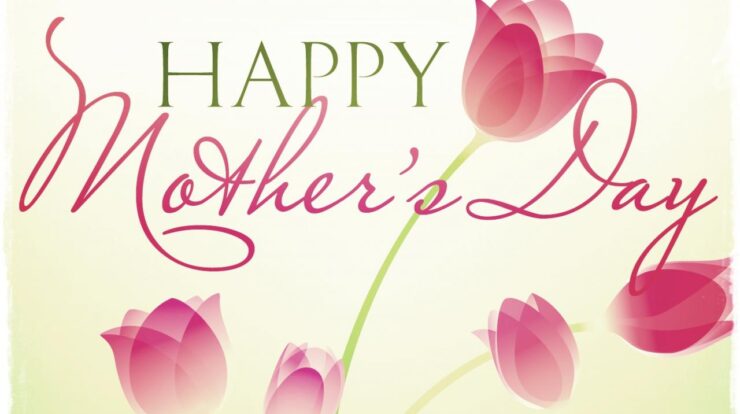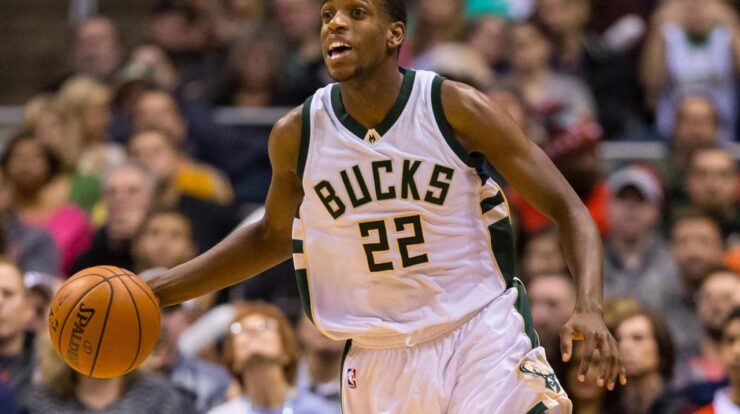
That’s cap meaning has become ubiquitous in contemporary vernacular, carrying a weighty connotation of falsehood and deception. Its origins and usage have sparked curiosity and debate, shaping its significance in popular culture and communication.
Emerging from African-American communities, “that’s cap” has evolved into a widely recognized slang term, particularly among Gen Z and millennials. It serves as a blunt and dismissive response to statements perceived as untrue or exaggerated, conveying a sense of incredulity and rejection.
That’s Cap: A Cultural Phenomenon: That’s Cap Meaning

In the realm of modern slang, “that’s cap” has emerged as a ubiquitous phrase, signaling disbelief or dismissal of a statement. Originating from the African American Vernacular English (AAVE), it has permeated popular culture, becoming a staple in conversations, social media, and even formal discussions.
Definition of “That’s Cap”
The phrase “that’s cap” serves as a succinct way to express skepticism or rejection of a claim or statement. It implies that the speaker believes the information presented is false or exaggerated. The term “cap” in this context refers to lying or fabricating a story.
Examples of “That’s Cap”
The usage of “that’s cap” varies depending on the context. Here are some examples:
- “I heard you got a new job.” “That’s cap, I’m still unemployed.”
- “The teacher said the exam was easy.” “That’s cap, it was super hard.”
- “I’m not dating anyone.” “That’s cap, I saw you with someone last night.”
Synonyms and Alternatives to “That’s Cap”
While “that’s cap” is the most common expression, there are other synonyms and alternative phrases with similar meanings:
- That’s not true
- That’s a lie
- That’s bull
- That’s bogus
- That’s fake news
Usage of “That’s Cap” in Different Contexts
The use of “that’s cap” extends beyond casual conversations. It has become prevalent in social media, where it serves as a way to challenge or debunk misinformation and rumors.
In formal discussions, “that’s cap” may be used sparingly, as it can be perceived as disrespectful or confrontational. However, in certain settings, such as academic debates or political discussions, it can be employed to express strong disagreement or challenge the validity of claims.
Cultural Impact of “That’s Cap”, That’s cap meaning
The phrase “that’s cap” has had a significant cultural impact, reflecting societal attitudes towards truth and credibility. It has become a symbol of skepticism and distrust, particularly among younger generations.
The widespread use of “that’s cap” also highlights the importance of critical thinking and the need to verify information before accepting it as true.
Evolution of “That’s Cap”
The phrase “that’s cap” has evolved from its origins in AAVE to become a mainstream expression. Its usage has expanded from primarily African American communities to encompass a broader audience.
The term “cap” itself has undergone a semantic shift, from its original meaning of a physical head covering to its current slang usage denoting falsehood or exaggeration.
Impact on Communication
The use of “that’s cap” has had a mixed impact on communication. On one hand, it can promote skepticism and encourage individuals to question information critically.
On the other hand, overuse or inappropriate use of the phrase can create a culture of disbelief and make it difficult to have constructive conversations or debates.
Last Point

The cultural impact of “that’s cap” is undeniable, reflecting a growing skepticism towards information and a demand for authenticity. Its evolution and usage continue to shape its meaning and influence, underscoring its relevance in contemporary communication.
FAQ Overview
What is the origin of “that’s cap”?
That’s cap meaning originated in African-American communities, particularly among younger generations.
How is “that’s cap” used in different contexts?
That’s cap meaning is commonly used in informal settings, such as social media, casual conversations, and among peers, to express disbelief or rejection of statements perceived as false or exaggerated.
What are some synonyms for “that’s cap”?
Synonyms for “that’s cap” include “that’s false,” “that’s not true,” “that’s a lie,” and “that’s bogus.”





